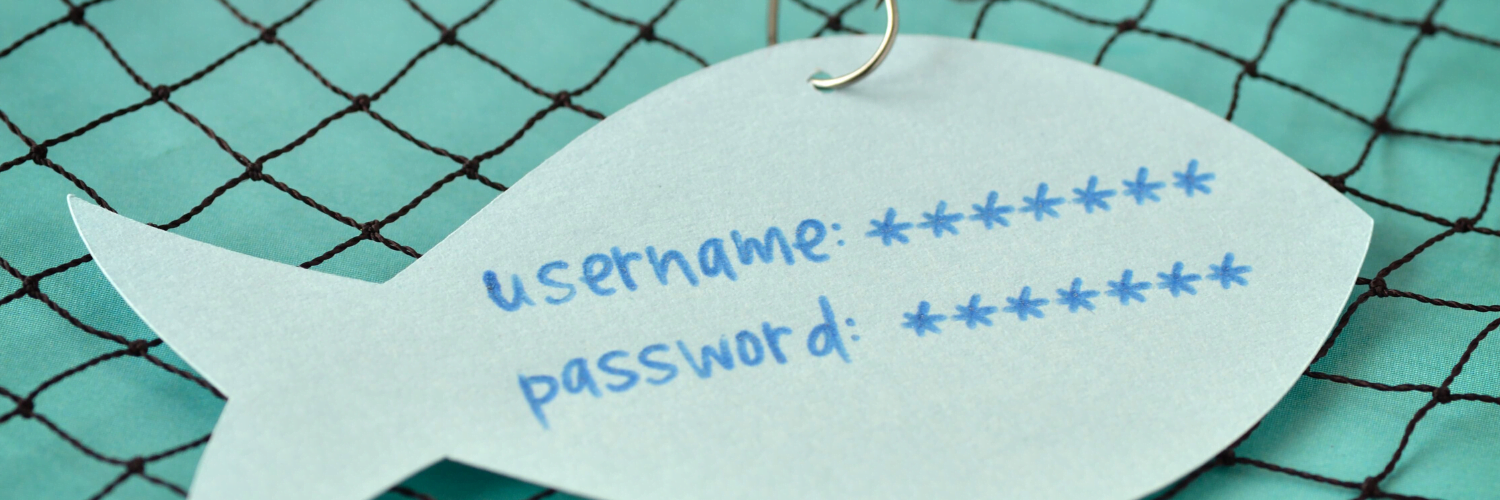Knowledge and awareness are two things can protect taxpayers and their family members from getting caught up in a phishing scam.
A phishing scam is often an unsolicited email or a website that looks like a legitimate site designed to trick users. The scams convince people into providing personal and financial information. Scam emails can arrive to personal and work accounts on computers, smartphones, and tablets. Phishing scams often use one or more of these tactics. Scammers often do the following:
- Pose as a trusted bank, favorite retail store, government agency, or even a tax professional
- Tell the taxpayer there’s something wrong with their account
- Tell the recipient they’re in violation of a law
- Tell the taxpayer to open a link in email or download an attachment
- Send the taxpayer a familiar looking – but fake – website and ask them to log in to it
Thieves do these to trick taxpayers into revealing account numbers and passwords. The thieves secretly download malicious software on to someone’s device to collect personal information. The criminal might also try to fool the recipient into sending money to the scammers.
It is important to remember that the IRS will never do the following:
- Call to demand immediate payment using a specific payment method such as a prepaid debit card, iTunes gift card or wire transfer
- Ask a taxpayer to make a payment to a person or organization other than the U.S. Treasury
- Threaten to immediately bring in local police or other law-enforcement groups saying they can have the taxpayer arrested for not paying
- Demand taxes be paid without giving the taxpayer the opportunity to question or appeal the amount owed
For more information about this article, please contact our tax professionals at taxalerts@windes.com or toll free at 844.4WINDES (844.494.6337).


